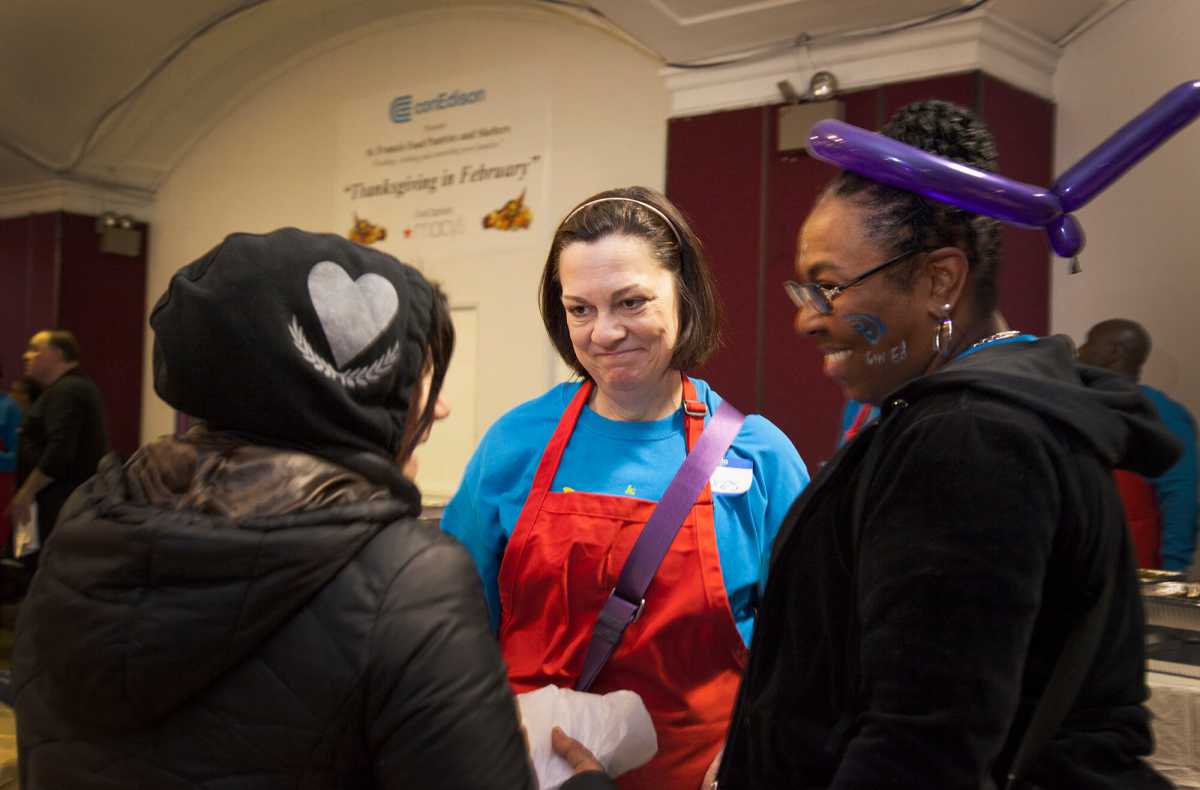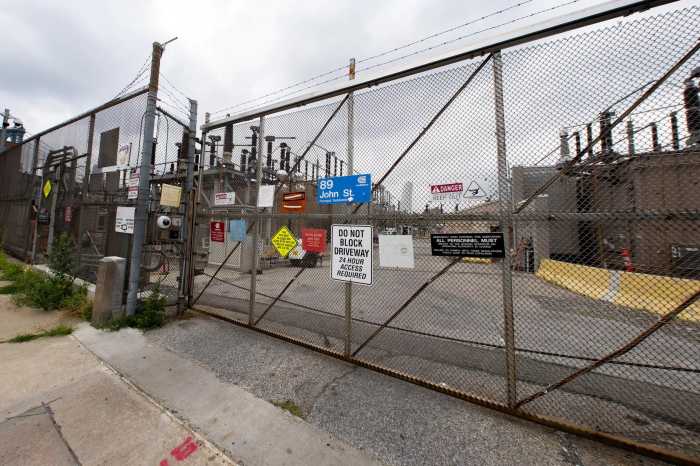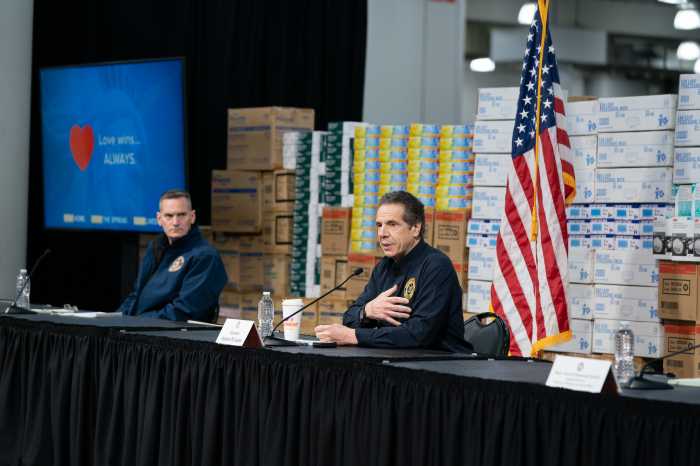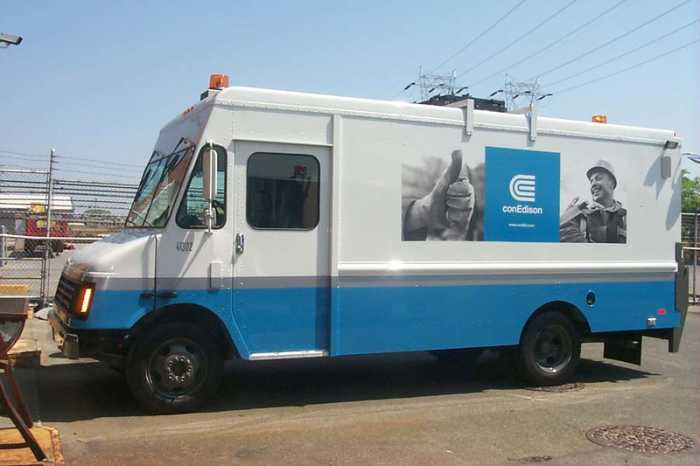Decades before people recognized the acronym “EV” as standing for electric vehicle, Frances A. Resheske was focused on how to get New York and its residents to transition to the use of clean energy to support the environment and improve people’s lives.
Resheske, who graduated from St. John’s University in Queens with a degree in politics in addition to attending prestigious business schools such as the Kellogg School of Management and Wharton School of Business, is an industry trailblazer who began her long career in public service in NYC with the Koch Administration in the late 1980s prior to spending nearly a decade at Brooklyn Union Gas (now National Grid), handling government and regulatory relations.
But Resheske’s most challenging and possibly most rewarding role was at a company well-known to city residents.
“I was recruited by the CEO for Con Ed,” she recalled, “to come and build a corporate affairs department.”
Resheske ended up building an integrated strategic corporate affairs department that helped play “a key role in all of the company’s projects.”
She is credited with building an enterprise-wide government and community relations team and redefining communications processes and strategic philanthropy. Her leadership role included oversight of regulatory relations and energy markets policy.
Resheske also established the company’s first marketing department, focusing on accelerating clean energy transition for customers.
As the senior vice president of Corporate Affairs at Con Edison, Resheske recently announced her retirement after spending more than 23 years at the utility.
“The energy business was fascinating to me because it’s so vital to our economy and for everything the city wants to do,” she said, noting that “people who work in utilities are essential workers, they provide an essential service.”
In a statement, Tim Cawley, Chairman and CEO of Con Edison, said that during her tenure Resheske “brought creativity, energy, integrity, and an unparalleled depth of knowledge to Con Edison, our industry and the region.”
He added that her strategic leadership was instrumental in the development of the utility’s sustainability and clean energy commitments.
Further, Resheske called her leadership of the corporate affairs department at Con Edison “exciting, complex and challenging.”
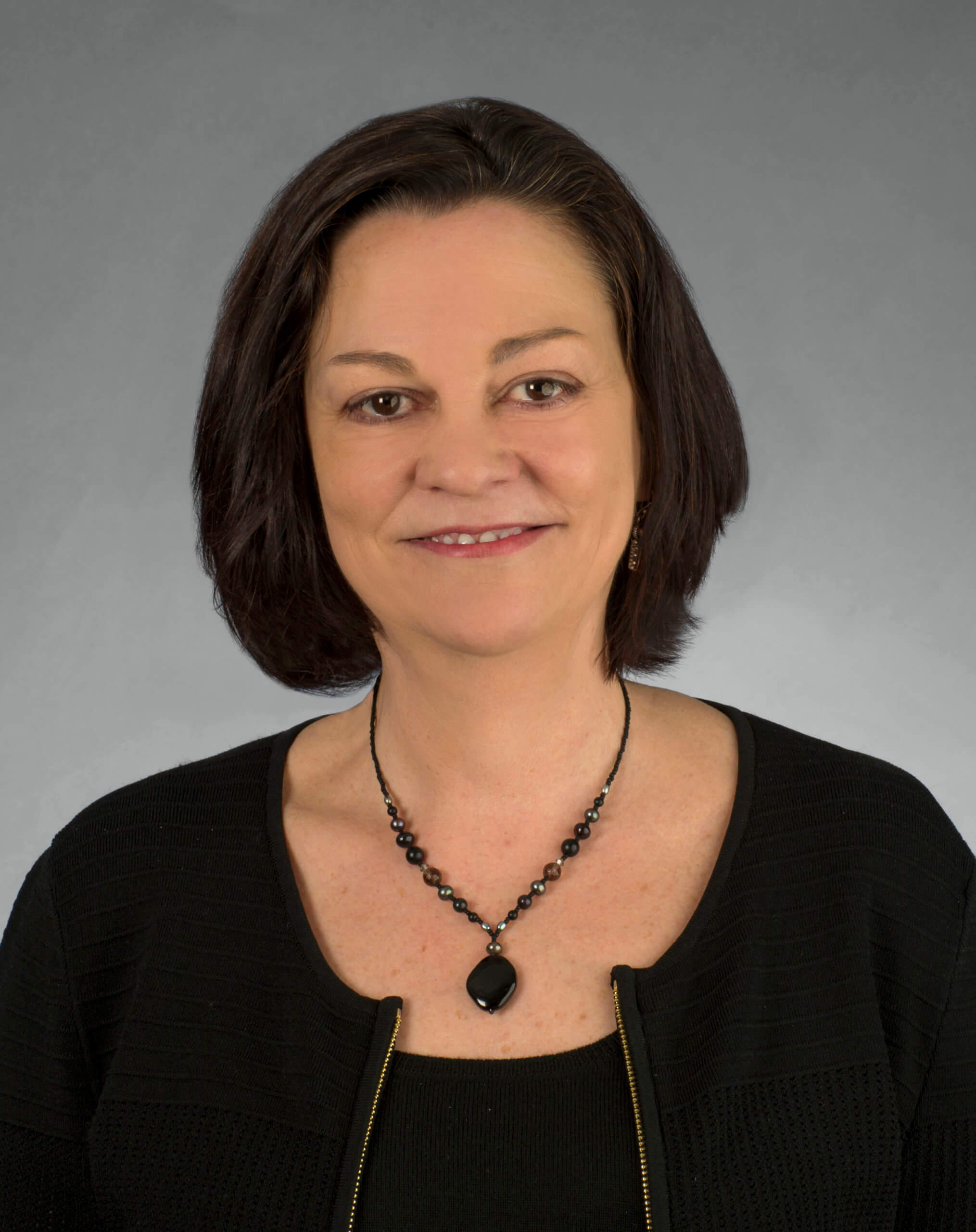
Asked about things she’ll miss once retired, Resheske said it is her team.
“I have an amazing team…we do this together, it’s not just me,” she said, adding that “being part of an essential workforce and contributing is very satisfying. This is a very important time in the energy field. Clean energy is a driving force for the company’s future. It’s very exciting.”
Talking about her demanding role at Con Ed, Resheske said, “In some ways, you’re always on the clock since it’s an essential services company and you must be able to provide service.”
She said that despite working “all the time,” she still had time to have a private life. “Growing-up in NY, I think being available is something we’re all kind of used to.”
Reflecting on her decision to retire, Resheske said she will be pursuing “new and different” opportunities in both the city and in the energy industry.
“I’m looking at possibly doing some corporate board work and specifically in areas that interest me such as diversity and inclusion, as well as the environmental, social, governance space.” She says she is also open to volunteer work and projects in the clean energy space.
Resheske currently serves on the board of Con Edison’s Clean Energy Businesses, Con Edison Transmission and the New York State Energy Research and Development Authority, a public benefit corporation. She has also held numerous leadership positions on non-profit boards including Queens Theatre in the Park and the New York Building Congress.
She adds that these things like diversity and inclusion as well as ESG are now a “big focus” for many companies, yet she’s been working in these areas for the last 30 years.
As for the current focus on clean energy and the environment, Resheske says she’s excited for the area’s future.
“The city and state have some of the most aggressive goals in the country regarding clean energy delivery,” she points out, noting that “Electric vehicles were barely talked about 30 or 40 years ago and now they’re ubiquitous and on everyone’s agenda.”
“I spent my entire career involved with energy and clean energy,” Resheske says, “and now…everyone’s talking about it.”



